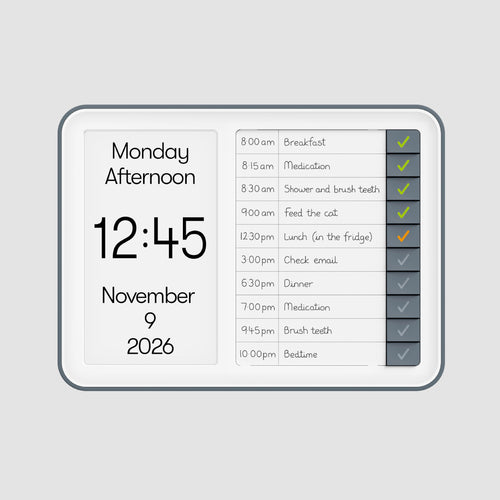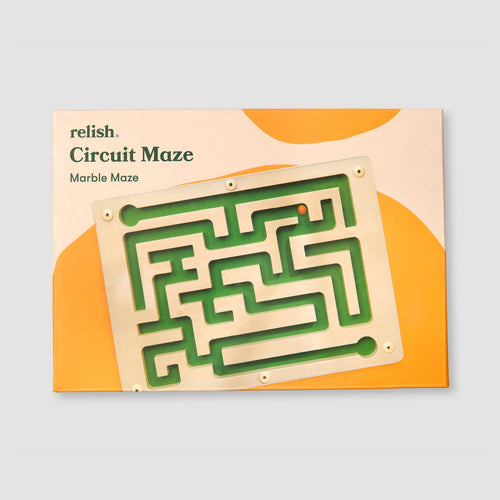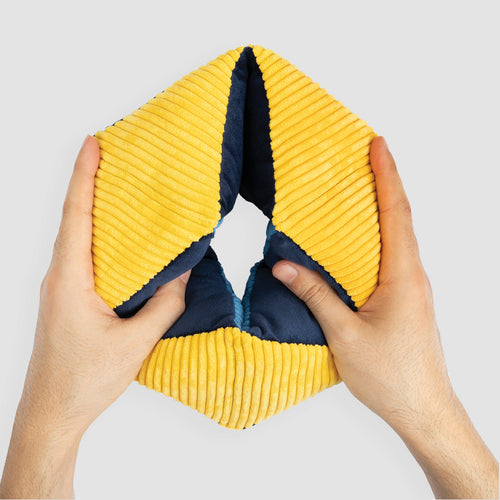When taking care of and supporting a person living with dementia or Alzheimer’s, it can feel extremely hectic at times—for one, you don’t know what to expect from moment to moment and it can feel like living in a chronic state of unknown. So, imagine what this gradual loss of control feels like for the person themselves. Since communication is often one of the first abilities to be impacted, he/ she cannot convey fear or anxiety that they may be experiencing. While overwhelming, there are ways to alleviate the stress and provide stability for someone experiencing dementia or Alzheimer’s.
Regulating through a Routine
In the early stages of dementia, the memory in a person living with dementia is starting to become compromised, however it is well documented that the short-term memory is impacted much more directly than the long-term. While that is promising in the sense that the person can often recall earlier parts of his/her life or childhood and remember familial relationships and friendships established early on, it can severely impact more of the day-to-day tasks that are embedded in daily routines. Given that the short-term memory quickly starts to flounder and his/her overall sense of time fades, keeping as much predictability as possible for people living with dementia in the early stages is of the utmost importance. By establishing routines early, it can also bode better for his/her progression into the middle stages of the disease.
At these stages, familiarity is the person’s friend because the ability to adapt decreases markedly. And with this, so does the automaticity of tasks and length of attention span, impacting the person’s ability to focus for long durations. At this point, lengthy tasks get harder to manage and procedures with lots of steps become more difficult to retain. However, persistence pays off for the caregiver here because the more you push the person living with dementia to perform these types of tasks, the longer he/she may retain the skills needed which, in turn, injects a sense of purpose and confidence in him/her—traits that become increasingly critical as the disease wears on. And the difficulty that comes along with the losses of communication and mobility is only compounded with the overwhelming anxiety that all of these changes can bring about—leading to more confusion, frustration, agitation, and other behavioral issues.
Kickstarting Early with a Sense of Stability
As a caretaker, providing stability to a person living with dementia or Alzheimer’s is one of the best courses of action to take. Some strategies that can help in creating a daily routine that’s easy to stick to, but flexible enough to modify, are as follows:
- Plan routines by preference: The likelihood of a person living with dementia sticking to a routine hinges on making it as familiar as possible. If you are a family member, it should be easy to know what types of tasks or activities the person engaged in daily. However, if you are an outsider coming in to take care of the person, find out what types of tasks the person participated in or hobbies or activities that he/she enjoyed prior to their diagnosis. For example, if the person was a creature of habit and liked certain foods or meals, continue to cook or offer those things. Or, if the person usually went out for a run in the morning, a bike ride at lunch or a walk after dinner, try to stick to that exercise regimen.
- Create cooperative tasks: People living with early to mid-stage dementia often feel useless when they are no longer involved in daily tasks — so having them do mundane tasks around the house (obviously according to ability level) with you can actually be very beneficial. For example, something like sweeping and having the person hold the dustpan will provide a sense of purpose and accomplishment. The key is to not criticize how they perform the task, but to offer praise for having done it.
- Establish a sense of time with events: As dementia progresses, the passage of time becomes fuzzy. In fact, many of these types of neurological disorders can result in the disruption of circadian rhythms, making sleep elusive and differentiating day from night difficult. So, basing tasks or activities on the time of day or after mealtimes can be a great way to incorporate nonverbal cues into a routine. This is especially important when communication skills become more compromised, and you’ll need to rely more on other modes of communication besides verbal cues. For example, if the person with dementia is signaled to do a particular activity based on opening the curtain and comes to acknowledge sunlight as the trigger for the behavior, he/she may come to eventually equate the light with the activity. These types of visual clues can serve as communiques to the person to perform specific tasks or activities at certain times. The good news is that as you get more comfortable with the person you are caring for and you become more aware of escalating signs or exacerbating symptoms to look for, adhering to a daily routine will get easier and easier. Remember that disruptions or changes to the routine will eventually happen, but the key is to not get flustered which could exacerbate the situation.
For more information, resources for caregivers, and products that promote wellbeing in the lives of people living with Alzheimer’s and dementia visit Relish-life.com.
















